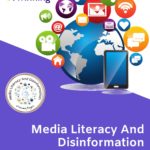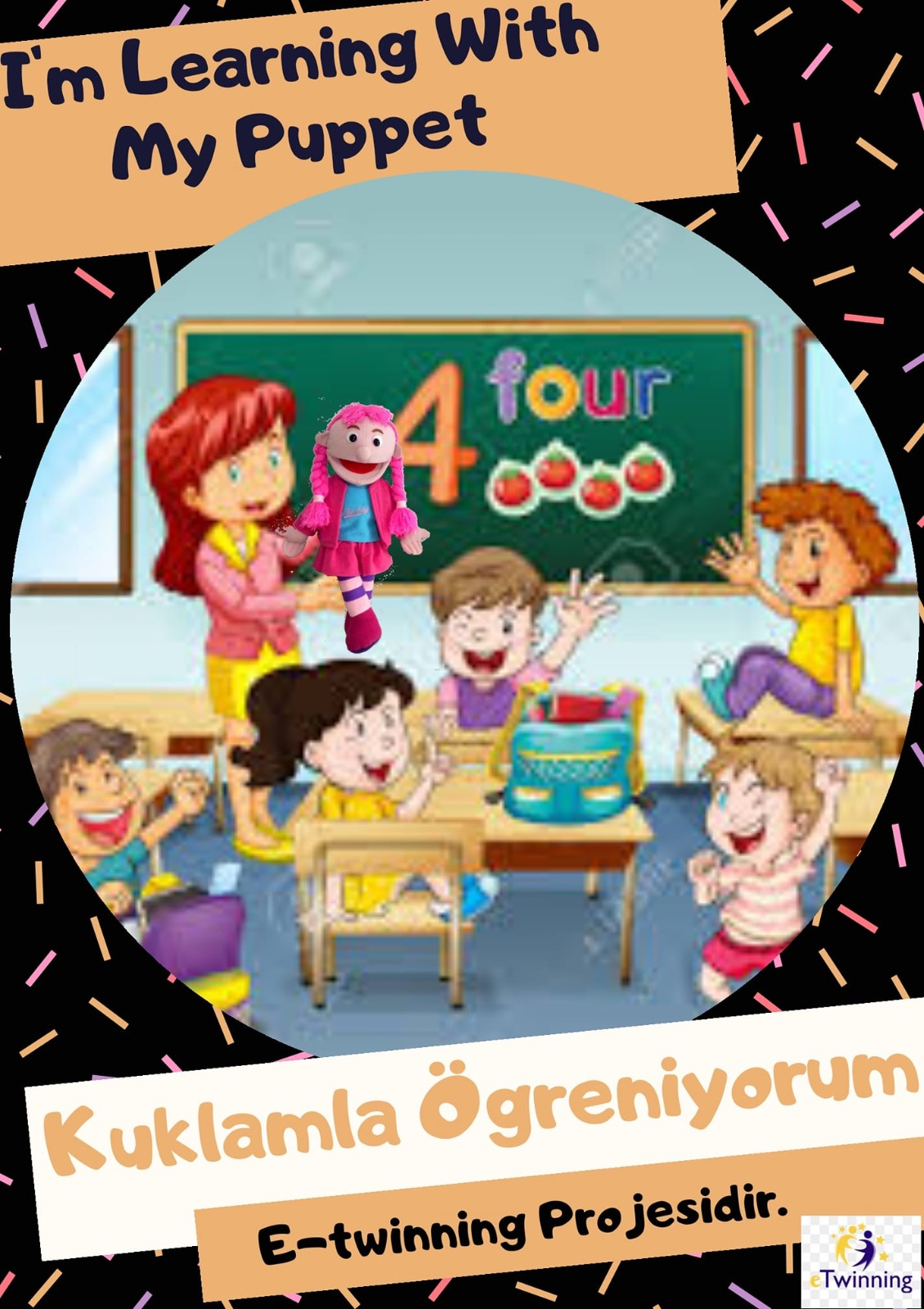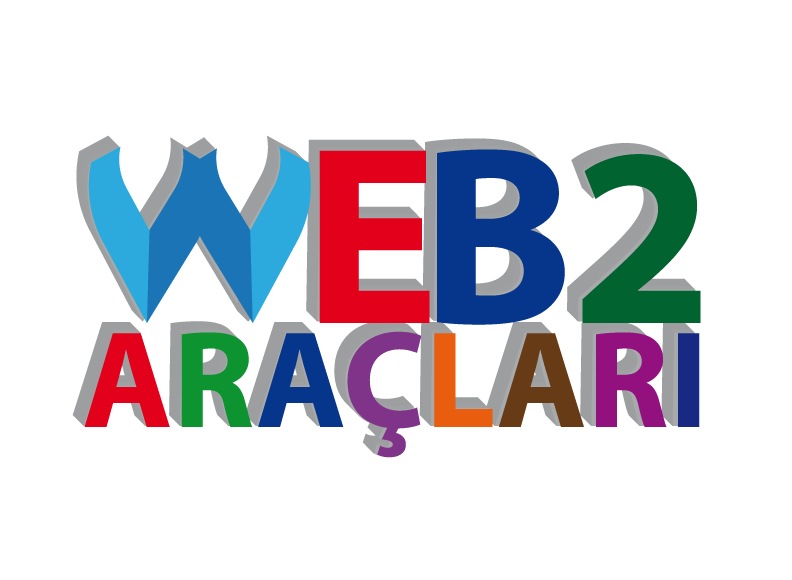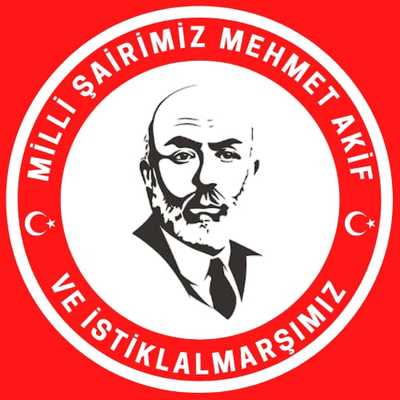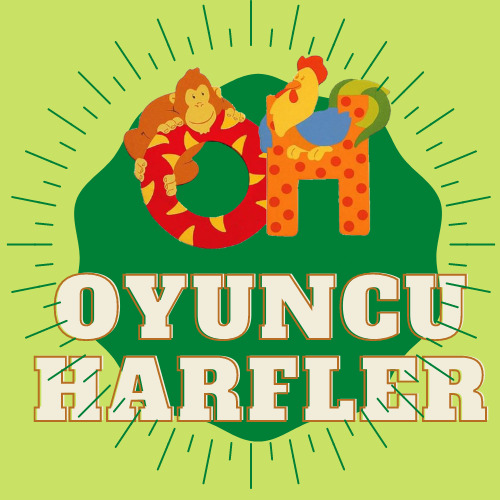MEDIA LITERCAY AND DISINFORMATION

Project Content
Media literacy has gained widespread attention in the last thirty years, but the idea goes back nearly half a century. This idea originated from discussions about the influence of the mass media and how these effects can be translated into positive educational experiences. The media and media literacy debate that has been going on for a long time has created a concept that has changed the face of education (Kubey, 2001).
Made in scientific research, the average daily television view ratings in Turkey seems to be 4-5 hours. A person spends 19% of the year watching television. Considering that the person sleeps 33% of the year, works 33%, and spends 14% with activities other than these, it turns out that this rate is quite high. Similar results have been reached in various international surveys and statistics. This means that the remaining time of all vital activities is consumed in front of the television.
These researches and the evaluations made on them; It reveals the necessity of raising the awareness of children, who are vulnerable to the visual, auditory and written media, in the face of the media starting from primary education. Thus, the student; Instead of being a passive receiver in the face of the media, they will be able to take part as an active individual in the phenomenon of communication by reaching the level of consciousness that can read the media and decode the language of the media (COMMISSION, 2007a).
The importance of being a media literate
• By reading the media from different angles, he gains consciousness that is sensitive to the environment he lives in, knows the problems of his country, and will filter what he sees in the media.
• Television, video, cinema, advertisements, print media, internet, etc. acquires the ability to reach the messages in the environments, analyze, evaluate and convey them.
• Gain a critical perspective on written, visual and auditory media.
• It brings about a change from finding answers to asking questions regarding the creation and analysis of messages.
• Become a conscious media literate.
• Participate in social life more actively and constructively.
• It contributes to creating awareness in terms of moving public and private broadcasting to more positive points.
https://www.blogger.com/blog/posts/7270817887212596250
https://www.facebook.com/groups/3676931469040384

